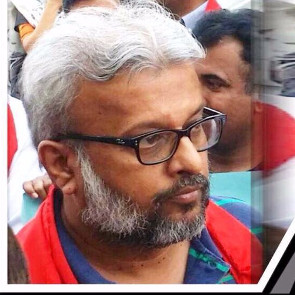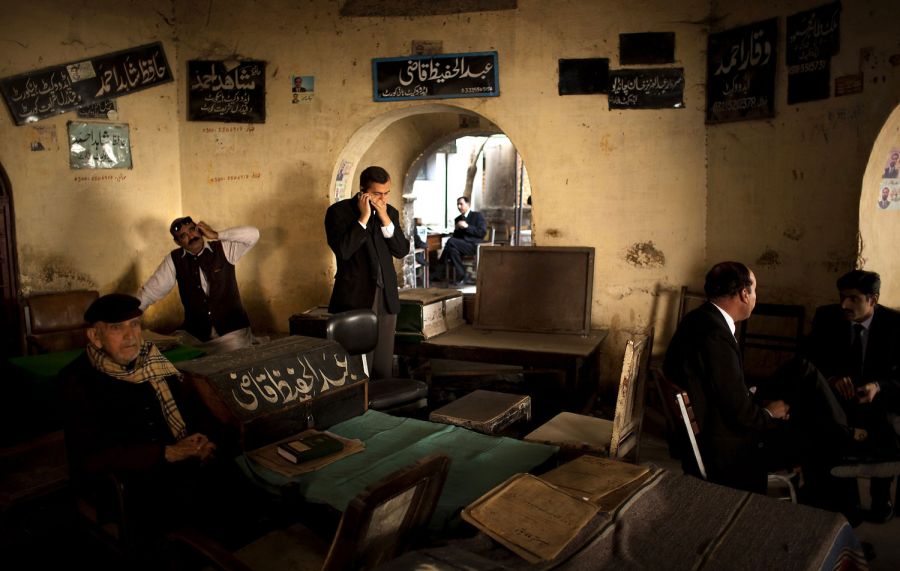
Riaz Ahmed
Dr Riaz Ahmed is a human rights defender and professor at Karachi University’s Department of Chemistry. He is known for consistently raising his voice for the marginalised, whether they are victims of drone strikes or terrorist attacks, Pashtuns and Baloch facing human rights violations, or liberal bloggers arbitrarily detained. Dr Riaz Ahmed regularly denounces the growing use of abductions as a way to instil fear and silence human rights defenders in Pakistan and has long been a critic of violence in all forms, both state and otherwise. When HRDs Ahmed Raza Naseer, Salman Haider, Waqas Goraya, Asim Saeed and Samar Abbas disappeared in January 2016, Dr Riaz Ahmed campaigned tirelessly, along with other civil society members, for the release of these individuals. He also campaigned in support of HRD Abdul Wahid Baloch, who went missing from July to December 2016. In 2015, after Sabeen Mahmud was shot dead for hosting a talk on Balochistan, and despite the chilling effect this murder induced amongst human rights activists, Dr Riaz Ahmed held a public gathering on the issue at Karachi University and encouraged students and activists to openly share their analysis and experiences of the situation in Balochistan.


